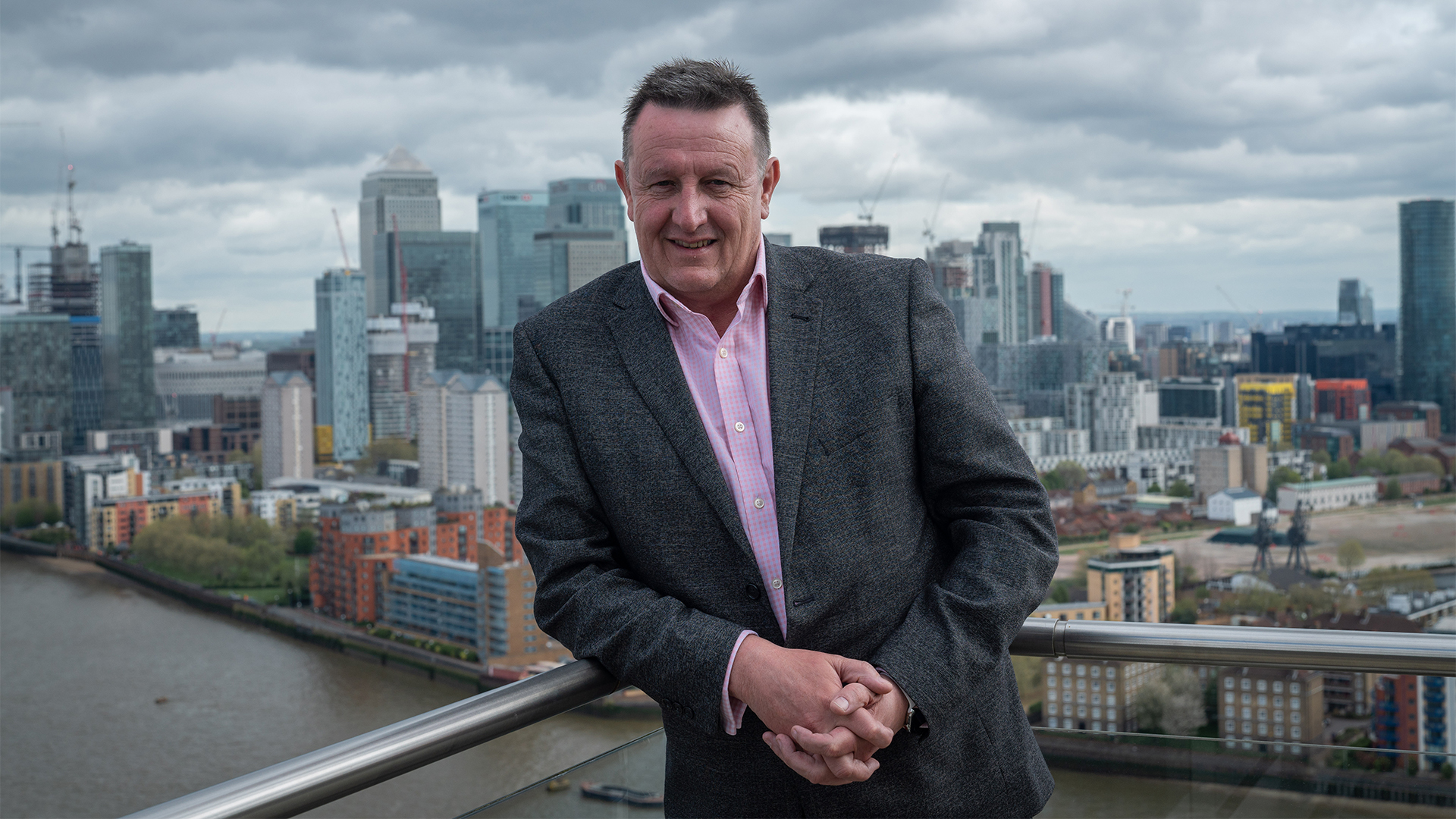Lessons from Failure: How Losing Everything Taught Me to Build Better

By Jeff Dewing, CEO and Founder of Cloud
I started my first business at 26, but by 38, I’d lost everything. I’ve made my fair share of mistakes, the most significant one being the collapse of my first business, in part due to buying a football club.
From there, I went on to work across a range of boards, from small owner-managed businesses to large corporates. The reason was simple: I had a very specific need to learn.
Despite earlier successes, I realised I still had so much to understand. So, I went back to work for eight years. That journey culminated in me launching my current business, Cloud, in 2012. Here are the lessons I’ve learned along the way.
Mistakes Are Learning Moments
Mistakes are the key ingredient to any growing business. If you think you can get through life without making them, you’ll lose your creativity and courage.
You have to be able to fail fast because if you fail fast, you grow fast. The only caveat is that you must be able to afford your mistakes. Avoid catastrophic ones that could kill your business, but embrace failure as a learning opportunity.
All successes come from failure. The key is to be laser-focused on how you learn from mistakes. You won’t move forward until you learn to embrace failure as a learning moment for you and your team.
If you’re building a startup, a scale-up, or running a mid-size business, and your people are afraid to make mistakes, you’re killing creativity. You’re stopping progress before it starts. You need to create a culture of accountability. That means people won’t fear making mistakes but will be accountable for the outcome and what comes next. After all, those that fail the fastest grow the fastest.
My Biggest Mistake
By far, my greatest mistake and, therefore, most important learning opportunity was my first business—a contracting company installing refrigeration and air conditioning.
Like most entrepreneurs at 28, I started it to earn more than a salary. I wanted to get rich. However, 90% of businesses started with that motivation fail. But I didn’t know that at the time.
Despite that, we quickly increased it to around £7 million. Along the way, I had to teach myself to be a lawyer, an accountant, an IT specialist, an HR professional, and everything else you become as a founder.
However, I couldn’t get past the £7 million ceiling. I started hiring people who I thought were much better than me, but they didn’t deliver. I became frustrated and bored.
So I bought a football club.
At the time, I didn’t understand why. It wasn’t until a few years ago, when I wrote my book Doing the Opposite that I saw it clearly. I bought the club because I was uninspired. I was looking for motivation and passion.
I found it in the football club. It hadn’t won anything in over 50 years. In our first year, we won the league, quadrupled attendance and had the same players delivering double what they’d ever delivered before.
What I discovered about myself in that process was the ability to inspire. But in chasing that, I left the business I’d built in the hands of people who were hungry, enthusiastic, and ambitious—but not equipped to run it. The company failed.
And that failure was entirely my fault. It was still my responsibility.
So, what did I learn?
When you fall out of love with something or lose your passion, get out. I didn’t. I buried my head in something new and exciting, and it cost me everything. I went bankrupt and lost everything I’d worked for.
Eventually, I looked in the mirror and asked the only question that mattered: “What am I going to do about it?”
Rebuilding
I realised that even though I had experienced some success, I knew nothing. So, I went back to work and spent eight years learning from owner-managed firms to large corporates. I learnt that if you’re starting a business again, don’t do it to get rich; do it to solve a problem.
Purpose-driven businesses succeed the majority of the time because you’re solving someone else’s problem. You’re delivering real value.
The only valid reason to offer a product or service is that it solves a real, material problem. That’s what I learned through that eight-year journey, and I also learned what not to do when it comes to being an effective leader.
How I Built Cloud
When I started Cloud, which is a step-change solution for managing and optimising large property estates, I did it very differently.
Before launching, I asked myself a few questions: What do I love? What do I hate?
In my previous roles, I spent a lot of time chasing money, which meant 60% of my time wasn’t spent growing the business. So, I decided to build Cloud around a model that never chased money.
There are only two ways to do that:
- Have someone endlessly fund you without consequence (not going to happen).
- Or, don’t give your clients credit. Make them your investors.
We did just that. Because our product was so transformational, our clients were willing to pay in advance. We solve a very real problem. We give large organisations complete visibility and control over their estate. Using a combination of innovative technology, deep industry expertise and intelligent processes, our customers can track everything in real-time — performance, finance and compliance. We grew from £1 million to £80 million in three years. There was no overdraft, no borrowed money, and we were free to focus on growth.
For anyone growing a business, focusing on building and controlling cash should be your number one focus. Too many rely on overdrafts or raising funds, but you end up spending your days pushing water uphill.
My Advice to Entrepreneurs and Business Leaders
As Henry Ford said, “Thinking is the hardest work there is, which is probably the reason so few engage in it.”
During COVID-19, I gave myself one hour every evening to think without any expectation of solutions. I cleared my mind while watching the waves and the sunrise.
Inevitably, the answers came. We’ve since driven that thinking process through our organisation by giving all our employees two paid hours per week for mindfulness. The results have been incredible.
My advice to entrepreneurs and business leaders is to think deeply and learn from your mistakes. Ultimately, build a business with purpose and passion so that when the going gets tough, you’re equipped to turn failures into learning opportunities.






